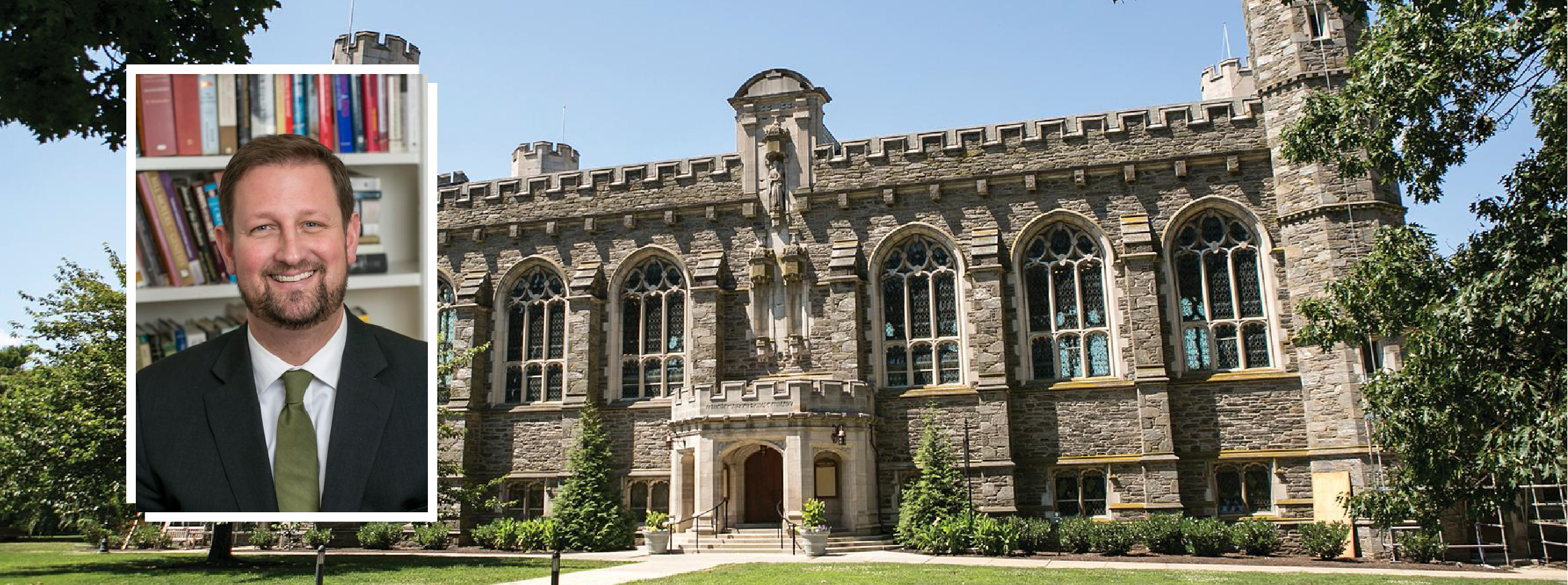With the cost of graduating from many top schools exceeding a quarter of a million dollars, what is the value proposition of internships for students and donors? In this Q&A, Robert Miller, Chief Alumnae Relations and Development Officer of Bryn Mawr College, shares his insights on an internship’s positive impact for a school which U.S. News has ranked among the top 10 of all colleges and universities in percentage of graduates who go on to earn a Ph.D. Prior to coming to Bryn Mawr College, Bob was Senior Associate Director of Major Gifts at the University of Pennsylvania.
Q. While Bryn Mawr College provides financial aid to 50 percent of its students, one would assume that many of them still need to pursue better-paying jobs like a waitress or tutor versus a non-paying internship that provides cachet but no cash.
A. Internships’ terms and conditions have evolved over the years and in many instances, for the benefit of students. For instance, this past summer, our school provided funding (e.g. around $4,000/intern) so that several our hardworking students could support a variety of groups including non-profits, government, and academic entities. And like their peers who secured paid jobs at Fortune 500 firms, they had to complete specific assignments like prepare and present posters of their internship experiences to alumnae.
Q. While it is great that recent studies have indicated that students graduating with internship experiences, in general, are more likely than students without those experiences to find employment upon graduation1; how do you secure funding when there are many other options for donors to invest their limited dollars?
A. While a college’s governance and daily operating model might be different from a Fortune 500’s, our development team crafts customized funding proposals that have a laser focus on the potential impact against the identified pain points of the issue at hand. And our Leadership, Innovation, & Liberal Arts Center in turn provides a support model that prepares students for pre, during, and post periods of an internship.
Q. So for students and donors, what are the top three value propositions that internships offer?
A. First for students, while earning high GPAs are very important, research findings continue to point to the value of securing internship experiences. For example, NACE's 2018 Job Outlook survey uncovered how hiring managers believed that interning within your preferred industry is more important than your college major or GPA.2 Also, internships allow students’ passions to bloom and explore potential dream careers.
Second for donors, many of whom are alums; internships enable current students to make informed decisions on future careers which in turn build a pipeline of better-engaged alums to the 22,000+ who work and live around the world.
Finally, for society, internships provide an invaluable experiential platform for learning. One World Economic Forum report that has been imprinted on me was one report’s reference to how the average time in a single job is 4.2 years . With the changing future of work, individuals should factor internships into their life-long reskilling plans.
Footnotes
1 Saltikoff, Nathalie, May 2007, The Positive Implications of Internships on Early Career Outcomes, NACE
2 Mejia, Zameena, July 2018, How Bill Gates' summer internships shaped his career, CNBC Make It
Author Bio
Michael Wong has more than 25 years of experience working for Apple, AstraZeneca, EPAM, IBM, and Merck. Mike is Co-President of the Harvard Business School Healthcare Alumni Association and his insights have been shared in the Harvard Business Review and MIT Sloan Management Review.



